Analysis: Trump remains unpredictable force among US allies
HAMBURG, Germany (AP) — On President Donald Trump’s second trip abroad, there were fewer of the bull-in-a-diplomatic-china-shop moments that had solidified European leaders’ skepticism during his maiden overseas tour. Less public berating of allies, no pushing to the front of photo opportunities.
But Trump still departed Europe on Saturday in the same position as he started: an unpredictable force on the world stage and an outlier among longtime American partners.
For the president’s backers, his posture is the fulfillment of his campaign promise to bring more opaqueness to American foreign policy and challenge long-standing global agreements, even with the nation’s closest allies. But his detractors say he keeps sending the world dangerously mixed messages.
“Our partners and our allies are all looking for meaning and intention in those words and will read into it what they want to, which may or may not be what Trump meant,” said Laura Rosenberger, a former foreign policy adviser to Hillary Clinton and a senior fellow with the German Marshall Fund.
Trump’s message on Russia remains the most convoluted, despite his advisers’ efforts to put to rest questions about his views on Moscow’s election meddling. The president refused to publicly give the kind of condemnation that his staff said he delivered to Russian President Vladimir Putin during a private meeting Friday. He let a challenge from Putin, who said Trump accepted his denial of Russian involvement in the 2016 election, go largely unanswered, tweeting Sunday morning that he’d “already given my opinion” on the matter.
Trump’s posture toward Putin has left allies both baffled and anxious, particularly against the backdrop of the investigations into whether his campaign coordinated with Russia during last year’s election. But increasingly, it’s Trump’s positions on climate and trade that have catapulted to the top of their list of concerns.
The divide over climate was particularly glaring as the Group of 20 summit in Hamburg, Germany, drew to a close. The U.S. was the only member country that did not sign a statement reaffirming the alliance’s support for international efforts to fight global warming. The statement called the Paris climate accord, which Trump withdrew from last month, an “irreversible” global agreement.
German Chancellor Angela Merkel said Trump’s refusal to sign on to the statement was “regrettable.” French President Emmanuel Macron, who will host Trump on a quick trip to Paris this week declared: “There are major differences, growing differences between major powers. There is the emergence of authoritarian regimes and even within the Western world there are major divisions, uncertainties, instabilities, that didn’t exist just a few short years ago.”
But Trump and his allies appear to relish his volatility and isolation. Nile Gardiner, a foreign policy analyst for the conservative Heritage Foundation, which has close ties to the Trump White House, praised the president as “the most outspoken and unconventional U.S. president of modern time” and said he is still managing to articulate a “coherent doctrine and vision.”
Conservatives in the U.S. were indeed buoyed by Trump’s speech in Warsaw, Poland, which marked perhaps his most comprehensive articulation of how he views America’s role in the world. He praised Polish resilience and called upon Western nations to jointly combat forces that threaten “to erase the bonds of culture, faith and tradition that make us who we are.”
The conservative editorial page at The Wall Street Journal called the address “Trump’s defining speech.”
Yet even as his Warsaw speech portrayed the world in stark terms, he offered an uneven message on Russia. In a news conference in Poland, the president acknowledged that Russia had interfered in the 2016 election, but he repeated his assertion that “other countries” may have done the same, a reference that appeared to let Putin off the hook.
Hours before his meeting with Putin, he tweeted that “everyone” at the G-20 was talking about why John Podesta, a top adviser to Clinton, had “refused to give the DNC server to the FBI and the CIA. Disgraceful!” Intelligence agencies concluded that both the Democratic National Committee and Podesta’s emails were hacked by Russians last year.
Trump has argued that Democrats are hyping Russia’s involvement in order to create an excuse for Clinton’s loss. His tweet about Podesta prompted the former top White House aide, who was driving with his wife on a cross-country trip, to respond that the president was a “whack job.”
“Dude, get your head in the game. You’re representing the US at the G20,” Podesta wrote on Twitter.
Trump’s advisers hoped to turn the page on the matter following the president’s first meeting with Putin. U.S. Secretary of State Rex Tillerson, the only U.S. official who joined Trump in the meeting, said the president opened the discussion by “raising the concerns of the American people” on Russian interference in the election, describing it as a “very robust and lengthy exchange.”
Putin’s takeaway was different. He told reporters Saturday that he believed Trump accepted his denials of Russian meddling, but said it was best to ask the American president himself.
White House aides didn’t dispute the account. And the Sunday morning flurry of tweets from Trump did little to clarify.
__
EDITOR’S NOTE — Julie Pace is the Washington bureau chief and White House correspondent for The Associated Press. Ken Thomas covers the White House and national politics for the AP. Pace reported from Washington.
__
Follow Ken Thomas at http://twitter.com/KThomasDC and Julie Pace at http://twitter.com/jpaceDC

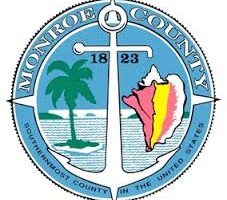
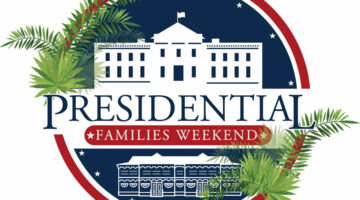

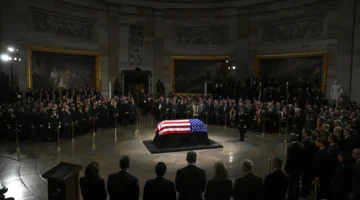
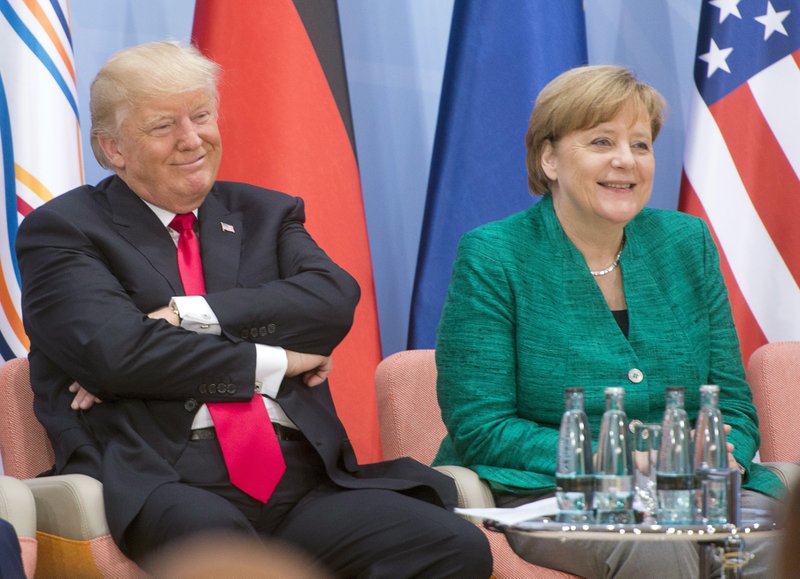
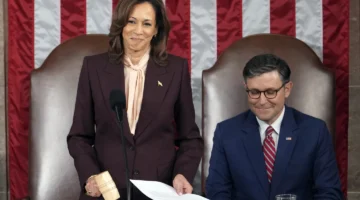
What is so hard to understand? President Trump himself stated that he is the President of the United States and not that of the world. He was elected based on his ‘America First’ stance and not because he supported ‘globalism’. Bemoan that all you will but that’s where the rubber meets the road: no carbon tax to fuel a UN as a world governing body.